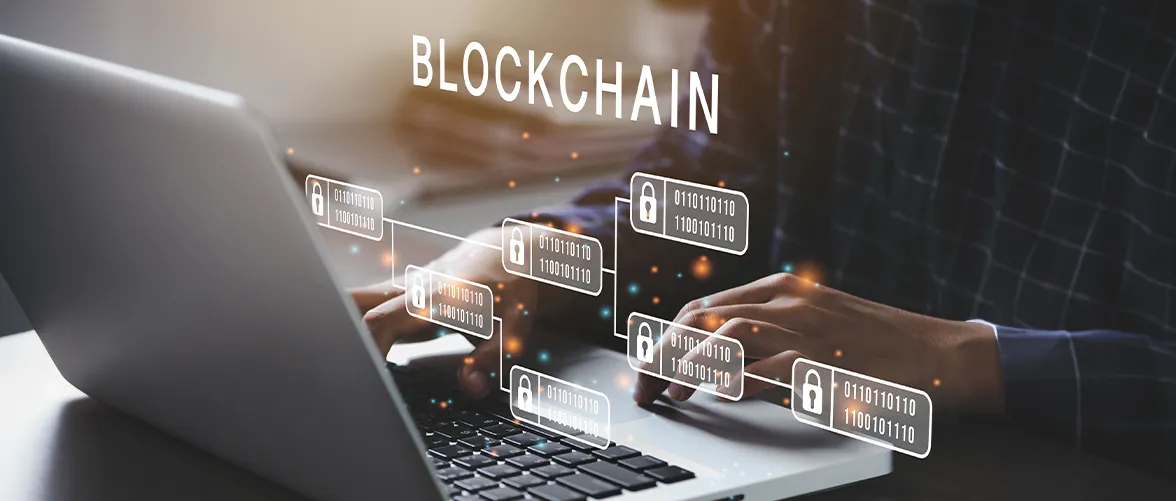Preventing Will Fraud with Blockchain Technology
08 Jul 2024

Will fraud poses significant challenges for lawyers in ensuring the fair execution of their clients' wills. Fortunately, blockchain technology offers a powerful solution to enhance security, prevent fraud, and streamline verification processes. The use of blockchain technology can enhance estate planning and improve your legal practice. It provides an immutable record-keeping system to automate smart contracts, provide secure storage, increase transparency, accountability, and verification of wills.
Benefits of Blockchain
Lawyers play a vital role in ensuring the fair distribution of assets and upholding their clients' final wishes. With the rise of will fraud, leveraging blockchain technology offers lawyers a promising solution to enhance security, transparency, and verification processes.
Immutable Record-Keeping
Blockchain ensures that wills recorded on the blockchain cannot be altered, providing a transparent and tamper-proof record of clients' intentions. This immutable record serves as strong evidence during the verification process, eliminating doubts about the authenticity and integrity of the will.
Smart Contracts
Estate lawyers can use smart contracts to automate the execution of wills based on predefined conditions. Automation minimises the need for manual verification. It reduces the risk of errors or fraudulent alterations. It also ensures that the will is executed as intended.
Secure Storage
Blockchain's cryptographic techniques enable encrypted and secure storage of wills, protecting confidentiality and preventing unauthorised modifications. The secure storage of wills on the blockchain ensures that they remain intact and accessible for future verification purposes.
Transparency and Accountability
Blockchain's transparent audit trail allows lawyers to track any changes made to a will, enhancing its validity and deterring fraudulent activities. Transparency and accountability provides a clear history of the will. This makes it simpler for legal practitioners to confirm its authenticity and detect any unauthorised changes.
Improved Verification Process
The use of blockchain technology simplifies the verification process. Lawyers no longer need to use time-consuming and manual verification methods. They can access the current version of the will on the blockchain to quickly verify its authenticity.
The blockchain is transparent and immutable. This means that all parties can trust the verified information. Disputes are reduced and efficiency is increased.
Challenges and Considerations
Blockchain technology has the potential to prevent will fraud. However, its successful implementation in the legal field is complicated. There are multiple challenges and considerations to take into account. Addressing these hurdles is essential to ensure its widespread adoption and effective utilisation for safeguarding legacies.
Legal Recognition
It's essential to stay updated on the legal acceptance of blockchain-based wills in different jurisdictions to ensure compliance. Collaborating with other legal experts and participating in discussions around legal frameworks can help overcome this challenge.
Client Education
It is the responsibility of legal practitioners to make blockchain-based wills more accessible and understandable. We do this by educating clients about its benefits and processes. Clear communication is crucial to ensure clients are comfortable with this method of verification.
Backup and Recovery
Adequate data backup and recovery protocols are essential to prevent any unintended consequences or data loss. As with any system it's vital to establish mechanisms to mitigate technical issues or loss of access to blockchain-based wills.
By leveraging blockchain technology, lawyers can prevent will fraud, streamline estate planning processes, and enhance the verification of their clients' wills. Blockchain offers many potential advantages for practice management. Its immutable record-keeping ensures secure storage and transparent accountability. Smart contract automation and improved verification processes provide an additional layer of security.